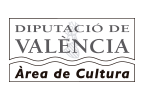Man is the centre of universe while woman revolves around him. Women are dependent by nature while authority and decision-making power belong to men.

Patriarchal doctrine was restored, assumed and imposed by Francoist national-Catholicism as one of its main foundations, by means of an effective and educational programme for women aimed at preparing them for marriage, the ultimate goal of their lives. These ideas of the political system, spread through different means, found in the feminine comic and magazine an excellent format for dissemination.

Women are depicted as indutrious housewives and efficient professionals, always flawless and beautiful, to become the object chosen by men and win the final prize: the wedding.
A stereotyped image of women is reproduced and spread over and over again by feminine comics, which portray them as patient in the waiting and never-ending period of training for marriage. Women are depicted as industrious housewives and efficient professionals, always flawless and beautiful, to become the object chosen by men and win the final prize: the wedding.
 .
.
Throughout the endless forty years of Franco's dictatorship, women managed —in comics and life— to shift from being selfless, industrious and silent to battle the laws which hindered them from equality and freedom.

With the arrival of the Transition, women managed to battle the laws which hindered them from equality and freedom.
With the arrival of the Transition (Spanish transition to democracy), new heroines —drawn by women—stopped being a consumer item and an object of male lust to raise objections —joined by the emergent and categorical stroke of feminism —and reassert themselves as subjects with their own identity and space.

















